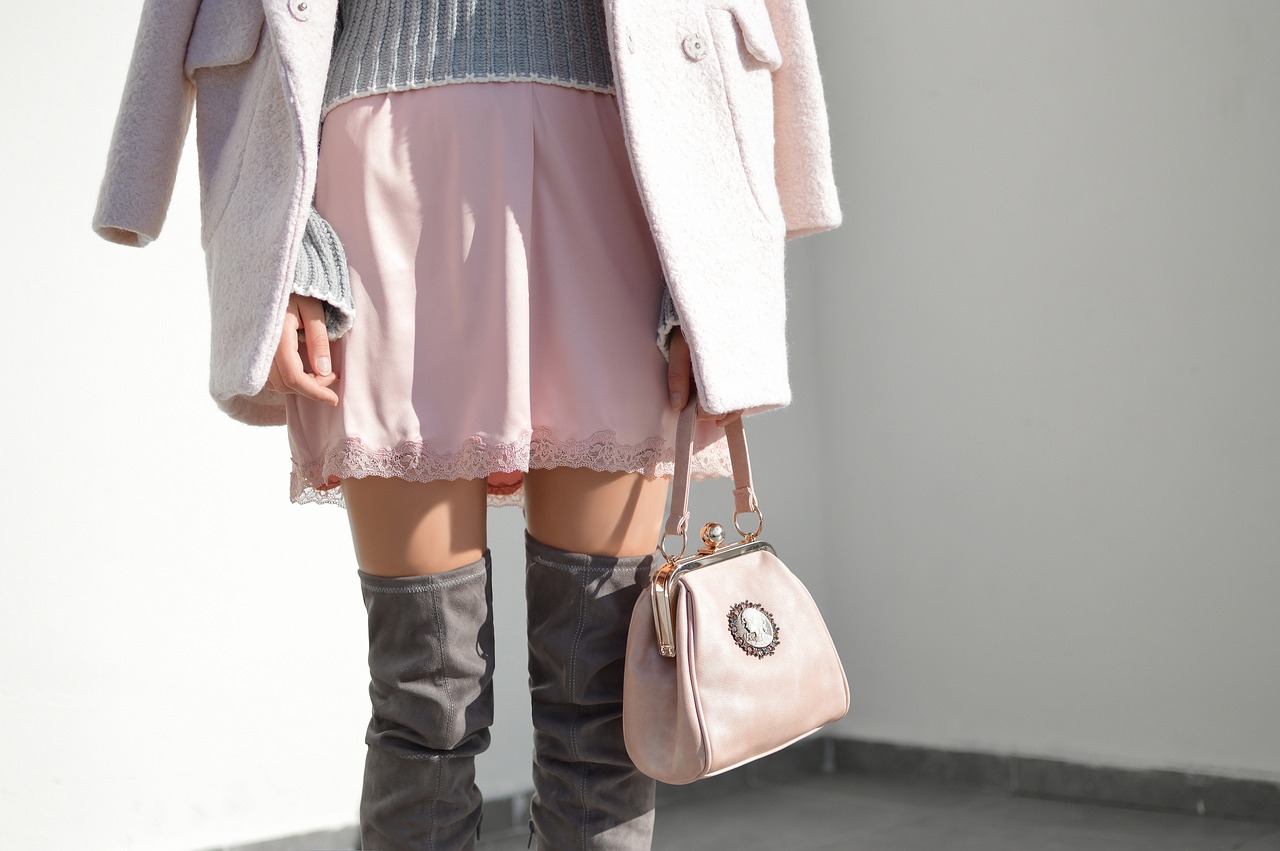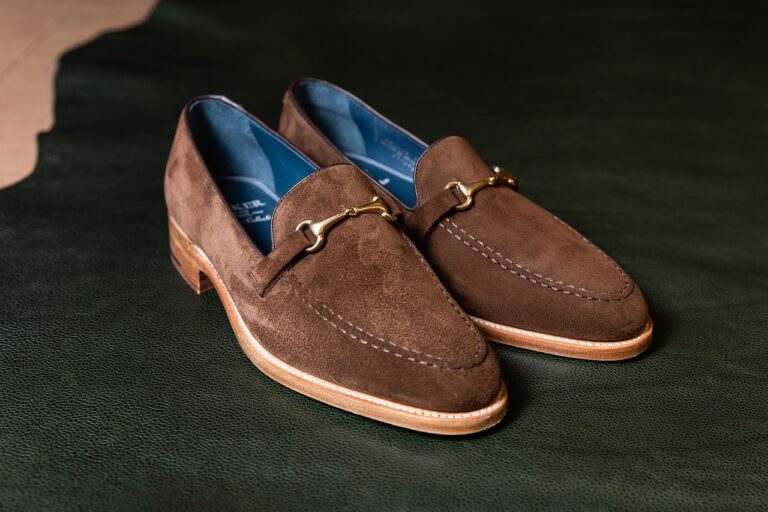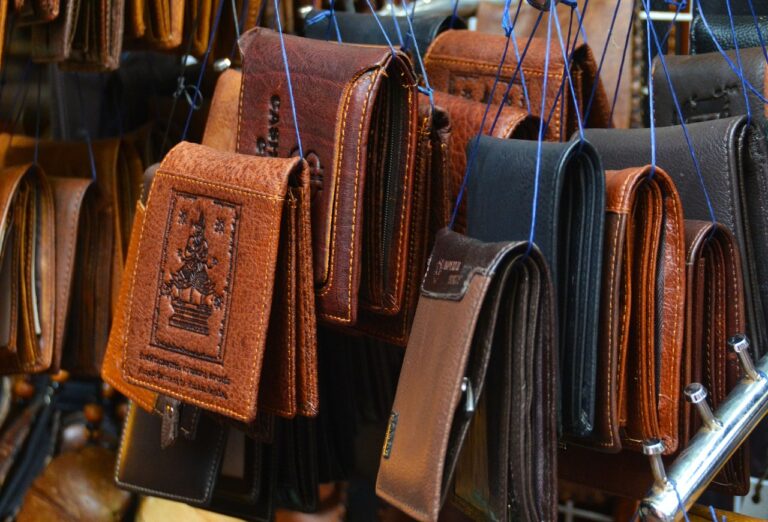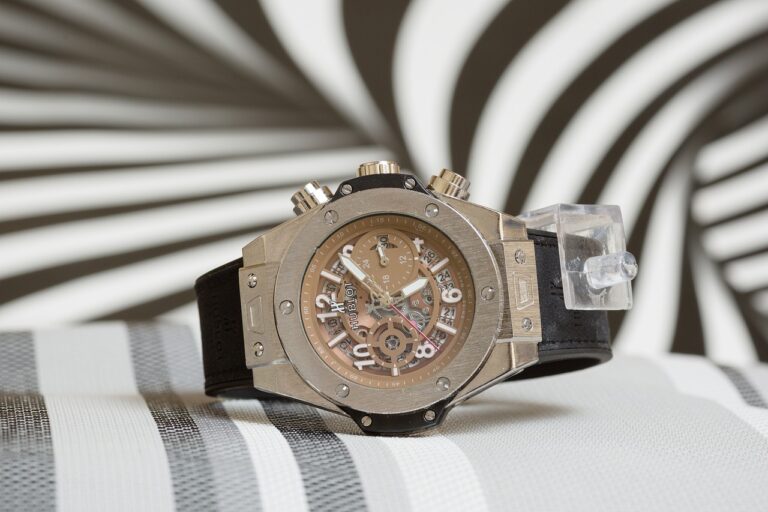The Future of Fashion Retail: Personalization and Customization Trends
In recent years, the fashion industry has experienced a significant shift towards personalization and customization. As technology continues to evolve and consumer preferences change, brands are adapting to meet the demands of a more individualized shopping experience. This article will explore the trends shaping the future of fashion retail, with a focus on how personalization and customization are driving innovation in the industry.
1. The Rise of Personalized Shopping Experiences
One of the key trends in fashion retail is the growing demand for personalized shopping experiences. Consumers are increasingly looking for ways to make their shopping experience more unique and tailored to their individual preferences. From personalized product recommendations to virtual styling services, brands are finding new ways to engage with customers on a personal level.
2. Customization Options for Consumers
Another major trend in fashion retail is the rise of customization options for consumers. Brands are offering more opportunities for customers to customize their purchases, whether it’s through choosing the color, fabric, or fit of a garment. Customization allows consumers to create a product that is truly unique to them, enhancing their overall shopping experience.
3. The Role of Technology in Personalization
Technology plays a crucial role in driving personalization and customization trends in fashion retail. From artificial intelligence and machine learning to virtual reality and augmented reality, brands are leveraging advanced technologies to create more personalized shopping experiences for consumers. By analyzing customer data and predicting trends, brands can better understand their customers and offer tailored recommendations.
4. Sustainability and Personalization
Another important aspect of the future of fashion retail is the focus on sustainability. As consumers become more conscious of the environmental impact of their purchases, brands are exploring ways to offer personalized and customized products that are also sustainable. From using eco-friendly materials to implementing recycling programs, brands are finding ways to align personalization with sustainability principles.
5. The Evolution of Retail Spaces
With the rise of online shopping, retail spaces are evolving to offer more personalized and interactive experiences for customers. Brands are incorporating technology such as interactive mirrors and digital displays to create immersive shopping experiences. By combining the convenience of online shopping with the personal touch of in-store interactions, brands are redefining the future of fashion retail.
6. The Future of Fashion Retail: What to Expect
As the fashion industry continues to evolve, the future of fashion retail will be shaped by personalization and customization trends. Brands that embrace these trends and invest in technologies that enable personalized shopping experiences will be well-positioned to succeed in a competitive market. By offering consumers more control over their shopping experience and creating products that reflect their individual style, brands can build stronger relationships with customers and drive loyalty.
FAQs
Q: What is the difference between personalization and customization in fashion retail?
A: Personalization involves tailoring the shopping experience to an individual customer based on their preferences and behavior. Customization, on the other hand, allows customers to create a unique product by selecting specific features such as color, fabric, or fit.
Q: How are brands using technology to drive personalization in fashion retail?
A: Brands are leveraging technologies such as artificial intelligence, machine learning, and virtual reality to analyze customer data and offer personalized recommendations. By understanding customer preferences and trends, brands can create more tailored shopping experiences.
Q: What role does sustainability play in the future of fashion retail?
A: Sustainability is becoming increasingly important in the fashion industry, and brands are exploring ways to offer personalized and customized products that are also sustainable. From using eco-friendly materials to implementing recycling programs, brands are aligning personalization with sustainability principles.







